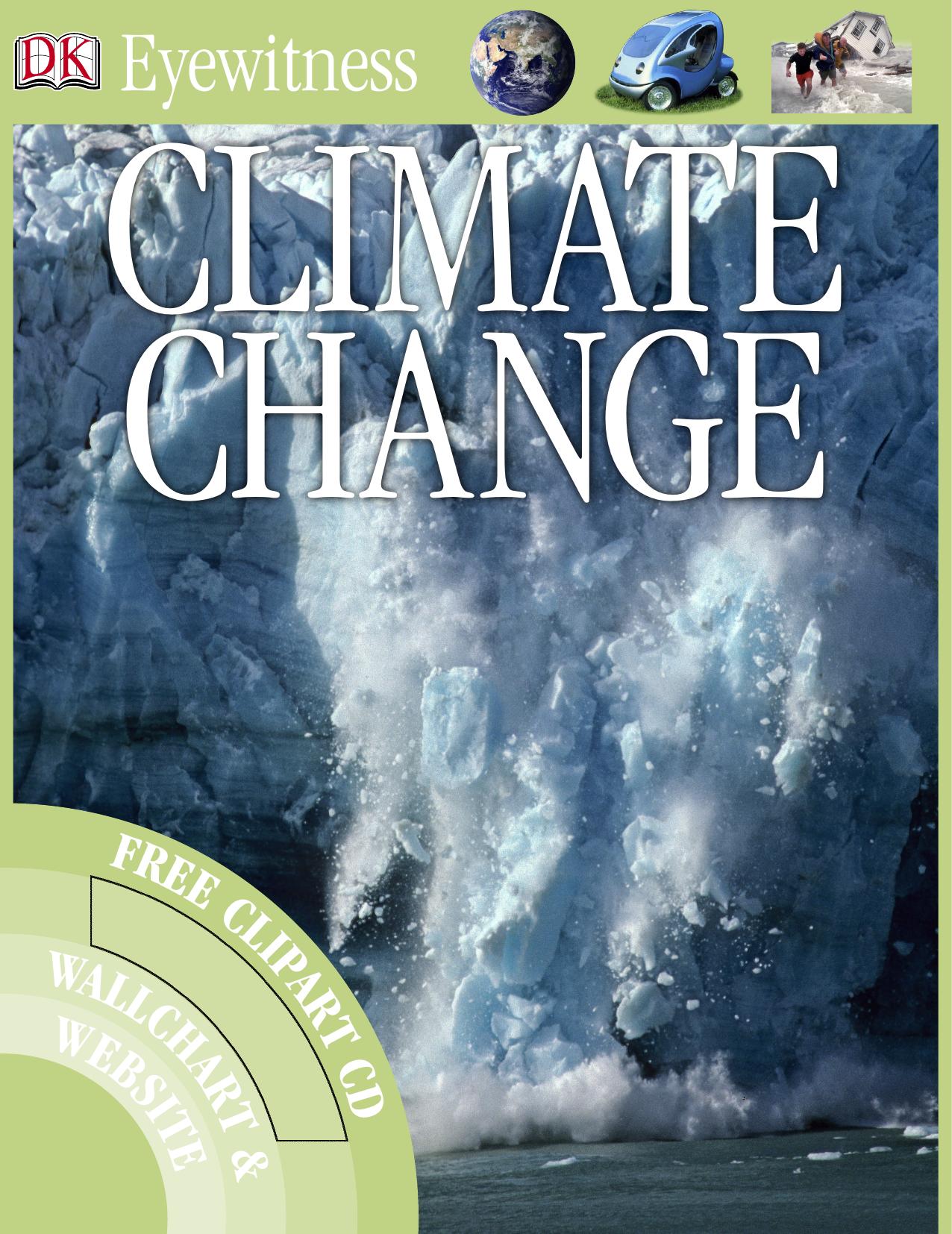Climate Change by Unknown

Author:Unknown
Language: eng
Format: epub, pdf
Tags: global warming, climate change, environmental science
ISBN: 9780262525879
Publisher: The MIT Press
Published: 2014-03-12T04:00:00+00:00
* * *
Date Federal Action
1980s Gore-Wirth legislative initiatives call for increased funding on climate research and energy conservation and renewable energy.
1987 Congress passes the Global Climate Protection Act, which calls for climate-change policy to be coordinated nationally.
1992 George H. W. Bush attends the conference where the United Nation Framework Convention on Climate Change is adopted in Rio de Janeiro.
1992 The United States signs and ratifies the Framework Convention on Climate Change.
1992 Congress passes the Energy Policy Act; it sets rules for restructuring electricity delivery, reducing American dependence on foreign oil, and requiring electricity-generating utilities to report annually on carbon dioxide emissions.
1995 The Clinton administration endorses the Berlin Mandates calling for development of binding emission reductions.
1997 The Byrd-Hale resolution passes 95 to 0 and recommends that no future climate-change agreements be signed without commitments from developing countries.
November 1998 The Kyoto Protocol is signed but is not submitted to Congress.
1998– 2013 Bilateral agreements with developing countries on climate-change emissions; participation in Global Environmental Facility projects.
March 2001 Bush administration disengages from the Kyoto Protocol.
2002 The Bush administration focuses on carbon-intensity reductions and Voluntary Innovative Sector Initiatives Opportunities Now (VISION).
2003 The McCain-Lieberman bill proposes that GHG emissions be reduced to 2000 levels by 2010 and is defeated 56 to 44.
2005 Energy Policy Act passes, encourages carbon capture, sequestration and storage. Secretary of Energy mandated to implement 10-year carbon capture research and development program for carbon dioxide capture technologies on combustion-based systems.
2007 Energy Independence and Security Act passes, which also encourages carbon capture, sequestration and storage. Supreme Court finds, in Massachusetts v. EPA, that the EPA had abused its discretion in its failure to regulate GHG emissions under the Clean Air Act. Finding creates basis for new climate change regulation. President Barack Obama calls for effective climate change regulations in his 2007–2008 presidential campaign.
2008 President Obama directs Congress to pass a comprehensive climate bill in its 2009 term. Congress considers several pieces of legislation addressing GHG emissions but fails to pass more than a few. Consolidated Appropriations Act passes, mandating a “comprehensive and effective national program of mandatory market-based limits and incentives … that slow, stop and reverse the growth of emissions.” The act also identified funding for EPA’s promulgation of a rule requiring mandatory reporting of GHG emission.
2009 Omnibus Appropriations Act passes, mandating EPA to develop a GHG reporting rule: approximately 85 percent of GHG emitters in the United States are thus required to report their emissions. American Recovery and Reinvestment Act passes, provides substantial funds for investment in clean energy technology.
President Obama creates the Interagency Climate Change Adaptation Task Force through Executive Order. President Obama creates the Interagency Ocean Policy Task Force (IOPTF) through Executive Order; IOPTF releases Interim Report for public comment. President Obama issues “GreenGov Challenge,” engaging federal employees in greening the government. American Clean Energy and Security Act passed by House but does not pass the Senate. The act would have required establishing a national cap-and-trade system for GHG emissions. Would also have required a reduction in GHG emission levels to 83 percent of 2005 levels by 2020.
Download
This site does not store any files on its server. We only index and link to content provided by other sites. Please contact the content providers to delete copyright contents if any and email us, we'll remove relevant links or contents immediately.
Aircraft Design of WWII: A Sketchbook by Lockheed Aircraft Corporation(31777)
The Great Music City by Andrea Baker(21441)
Call Me by Your Name by André Aciman(18974)
The Art of Boudoir Photography: How to Create Stunning Photographs of Women by Christa Meola(17848)
Shoot Sexy by Ryan Armbrust(17148)
The Secret History by Donna Tartt(16641)
Plagued by Fire by Paul Hendrickson(16641)
Portrait Mastery in Black & White: Learn the Signature Style of a Legendary Photographer by Tim Kelly(16490)
Adobe Camera Raw For Digital Photographers Only by Rob Sheppard(16391)
Photographically Speaking: A Deeper Look at Creating Stronger Images (Eva Spring's Library) by David duChemin(16163)
Bombshells: Glamour Girls of a Lifetime by Sullivan Steve(13114)
Pimp by Iceberg Slim(12938)
Ready Player One by Cline Ernest(12848)
The Goal (Off-Campus #4) by Elle Kennedy(12437)
Art Nude Photography Explained: How to Photograph and Understand Great Art Nude Images by Simon Walden(12350)
Kathy Andrews Collection by Kathy Andrews(10535)
Thirteen Reasons Why by Jay Asher(7796)
Wonder by R.J. Palacio(7737)
Goodbye, Things by Fumio Sasaki(7732)
